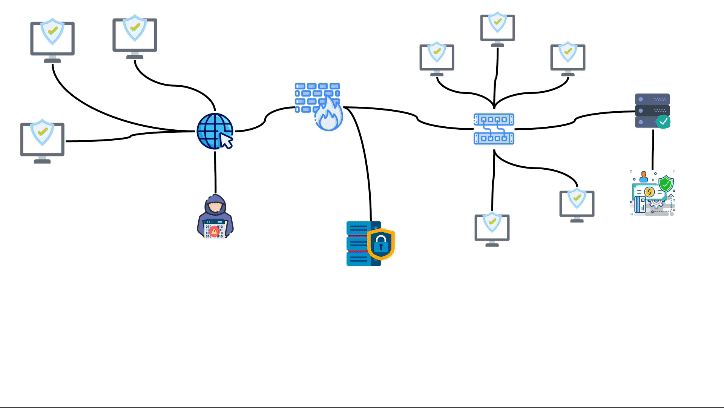Protect Your Digital Frontier Firewalling Your Path to Security for Modern Protection.
End-to-End Security: Covering All Bases, Testing Every Link, Every Test Counts

Trust our Expert Team to Deploy Firewall Solutions With Precision, Ensuring Your Network is Fortified Against Cyber Threats While Insuring Confidentiality, Integrity, and Availability of Your Digital Assets. With our Expertise, you can Deploy Confidently, Knowing Your Digital Assets are Protected.
Discover quick answers to common inquiries with our FAQ section